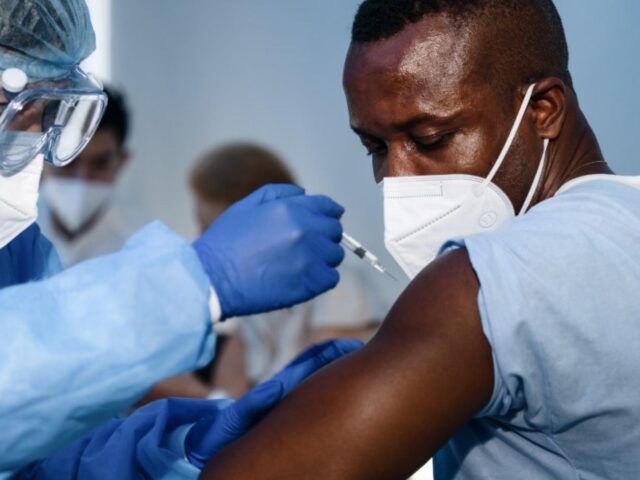Receiving the Covid vaccine led to a significant and substantive improvement in mental health for people who were most at risk of hospitalisation and death from COVID-19, but did not materially impact the mental health of those least at risk, according to a new policy evaluation case study.
Research using Understanding Society’s monthly COVID-19 survey tracked the mental health benefit associated with receiving the first dose of the vaccine ahead of others, due to logistical variations in the Covid-19 vaccine’s rollout. The survey’s design allowed the researchers to control for the potential bias associated with differing vaccine prioritisation and levels of vaccine hesitancy by making sure that these characteristics matched in the treated and control groups.
They suggest that the mechanism for the improvement in mental health could be a combination of reduced fear of becoming seriously ill, combined with the benefits from loosening self-imposed social restrictions.
This case study is based on The impact of COVID-19 vaccination for mental health, published in August 2021.
The case study is the third in a series of six in 2023 which will each showcase a research paper which used Understanding Society to assess a specific government policy to understand its level of success and its unintended consequences.
Covid 19Health and wellbeing



